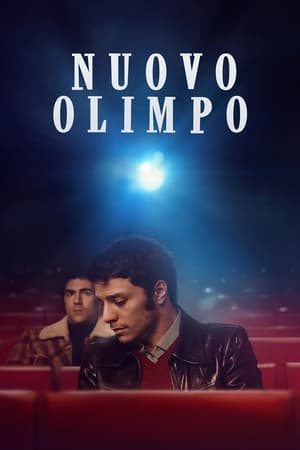Dean Seagrave (David Sutcliffe) is a thirty-something graphic novelist living in L.A., and though he’s found personal happiness with his hot, Argentinian boyfriend, Pablo (Antonio Sabato, Jr.), he can’t surmount his writer’s block slump following his successful debut graphic novel, Teenage Speed Freak. His life begins to unravel when his editor, Luise (Coolidge), gives him an ultimatum, and Pablo, the sexy boyfriend, goes out for cigarettes one night and never comes back. Lonely, depressed, and at the end of his rope, Seagrave flies to Argentina in search of closure, but the characters he discovers there – Pablo’s secretive and controlling Mother (Sônia Braga), Pablo’s ex-lover Marcos (Leonardo Brzezicki), and Marcos’ enigmatic sister Sofia (Celina Font) – conspire to prevent him from reaching Pablo.
Imdb user:
I have read all the comments about this film and think a major factor has been ignored. That is the political and national character of the film. First, Dean is an ugly American. He is rude and pushy and not at all suave or genteel. He has no interest in the culture of the country he has spent loads of money coming to. He is on some kind of wild west posse chase after the “wanted man.” He knows no Spanish and is not the least apologetic for not speaking the native language and is even impatient when people don’t understand English (I mean doesn’t everyone speak English now?). He is a very unlikeable character except… that he is incredibly sexy and appealing in a more visceral way (hence the title of the film). This is testosterone as brutal male power: violence, highly sexual, vengeful, and compulsive. He had come to a country that is very far away from home. Buenos Aires may look like a modern American city but it is Latin American and based on a very different sensibility than anything in the USA and this was brought out nicely by the mother and the brother and sister team and the trip to the country house. The ultimate fate of Pablo and the final scene where we see the brother and sister reunited speaks of a bigger agenda here than just what Dean did to Pablo. The brilliance of this film is that this subplot, though always there, is quite subliminal. I liked this film first because I think it addressed the masculine characteristics associated with the hormone testosterone (and gratefully there were no campy drag queens as models of homosexuals) and for the interesting critique it offers of American arrogance in the world and a more refined and perhaps more nefarious Argentinian sensibility.




















